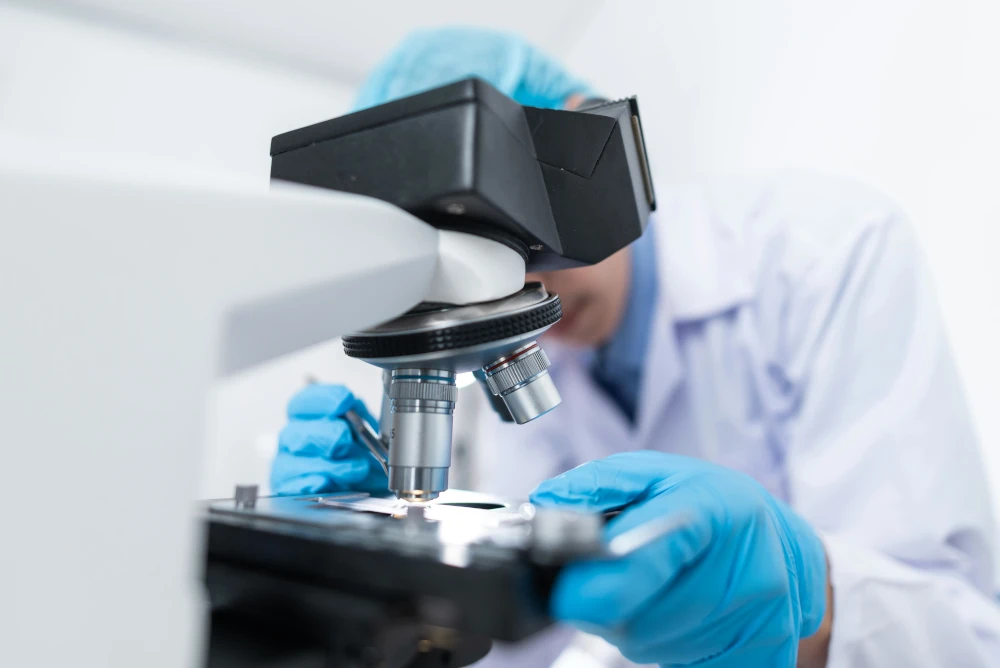Purchasing laboratory equipment is a crucial task for any scientific research or educational institution. It not only requires significant financial investment but also plays a critical role in the success of various experiments and projects. With so many options available in the market, choosing the right equipment can be overwhelming and challenging.
Understanding the fundamentals of science laboratory technology (SLT) is essential in this process, as it involves the application of scientific principles, tools, and techniques to conduct experiments, analyze data, and advance research. A well-equipped lab with the right technology enhances efficiency and ensures accurate results.
To ensure that you make an informed decision and get the best value for your investment, we have put together 6 essential tips to follow when purchasing laboratory equipment. From assessing your needs and budget to considering the quality and support services, these tips will help you navigate through the process with ease. Let’s dive in.

Assess Your Needs
Before making any purchases, it is important to assess your laboratory’s specific needs. This will help you determine the type of equipment required, its size and capacity, and any special features or specifications needed for your experiments. As highlighted by the team behind Pasco, there are different types of lab apparatus for various scientific disciplines, including physics, chemistry, and biology. Selecting the right equipment can greatly impact the accuracy and success of your research.
Take into consideration the type of experiments you conduct, the frequency of use, and any future projects that may require additional equipment. This will help you make a more informed decision and avoid unnecessary expenses in the long run.
Consider Your Budget
Purchasing laboratory equipment can be a significant investment, so it is crucial to consider your budget carefully. Start by setting a realistic budget based on the current market prices and your institution’s financial resources. Keep in mind that while it may be tempting to opt for cheaper options, investing in high-quality equipment can save you money in the long run through durability and accuracy.
Consider your budget not just for the initial purchase, but also for any additional costs such as shipping, installation, and maintenance. Don’t forget to factor in any potential future upgrades or replacements as well.
Research Different Brands and Suppliers
Once you have assessed your needs and budget, it’s time to research different brands and suppliers. Look for reputable companies with a proven track record in providing high-quality laboratory equipment. Consider their range of products, customer reviews and ratings, as well as the availability of spare parts and technical support.
It’s also worth reaching out to other institutions or colleagues for recommendations and their personal experiences with different brands and suppliers. This can give you valuable insights into the reliability and performance of the equipment you are considering.
Check for Quality and Warranties
Quality is a crucial factor when it comes to laboratory equipment. It not only affects the accuracy and reliability of your results but also the safety of your experiments and researchers. Always check for quality certifications and warranties from the manufacturer to ensure that you are getting a reliable product.
In addition, make sure to thoroughly inspect the equipment before finalizing the purchase. Look for any signs of damage or wear and tear, and test its functionality if possible. Don’t hesitate to ask for a demonstration or trial period before making a decision.
Look into Support Services
Support services are often overlooked when purchasing laboratory equipment, but they can make a significant difference in the long run. Look for suppliers who offer technical support, repair and maintenance services, and training for your staff. This will not only ensure that your equipment is well-maintained and functioning properly but also help your team maximize its potential.
In addition, consider the availability of spare parts and the company’s return policy in case of any defects or issues with the equipment. Good support services can save you time, money, and hassle in the future.
Seek Recommendations from Peers and Experts
Finally, don’t underestimate the power of recommendations when it comes to purchasing laboratory equipment. Ask for advice and feedback from colleagues within your field, as well as experts or consultants. They can provide valuable insights into the performance and reliability of different equipment options.
Additionally, reach out to other institutions or attend conferences and exhibitions to see the latest technologies and products in action. This can give you a better understanding of what’s available in the market and help you make an informed decision.
Purchasing laboratory equipment requires careful consideration and planning. By following these 6 essential tips, you can ensure that you make a well-informed decision that meets your needs and budget while also providing quality and support for your experiments. Remember to assess your specific needs, set a realistic budget, research different brands and suppliers, check for quality and warranties, look into support services, and seek recommendations from peers and experts. With these tips in mind, you can confidently invest in the right laboratory equipment for your institution’s success.


